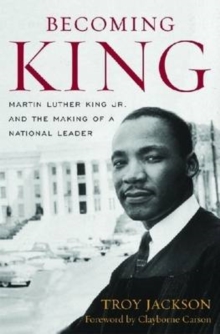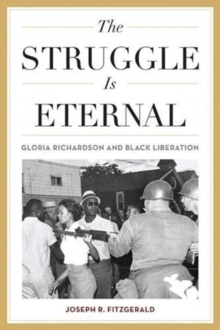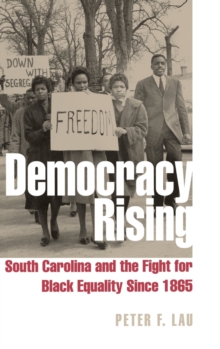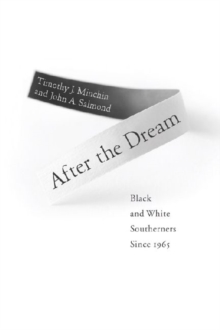
River of Hope : Black Politics and the Memphis Freedom Movement, 1865--1954 EPUB
by Elizabeth Gritter
Part of the Civil Rights and the Struggle for Black Equality in the Twentieth Century series
EPUB
Description
One of the largest southern cities and a hub for the cotton industry, Memphis, Tennessee, was at the forefront of black political empowerment during the Jim Crow era. Compared to other cities in the South, Memphis had an unusually large number of African American voters. Black Memphians sought reform at the ballot box, formed clubs, ran for office, and engaged in voter registration and education activities from the end of the Civil War through the Brown v. Board of Education decision of 1954.
In this groundbreaking book, Elizabeth Gritter examines how and why black Memphians mobilized politically in the period between Reconstruction and the beginning of the civil rights movement. Gritter illuminates, in particular, the efforts and influence of Robert R. Church Jr., an affluent Republican and founder of the Lincoln League, and the notorious Memphis political boss Edward H. Crump. Using these two men as lenses through which to view African American political engagement, this volume explores how black voters and their leaders both worked with and opposed the white political machine at the ballot box.
River of Hope challenges persisting notions of a "Solid South" of white Democratic control by arguing that the small but significant number of black southerners who retained the right to vote had more influence than scholars have heretofore assumed. Gritter's nuanced study presents a fascinating view of the complex nature of political power during the Jim Crow era and provides fresh insight into the efforts of the individuals who laid the foundation for civil rights victories in the 1950s and '60s.
Information
-
Download - Immediately Available
- Format:EPUB
- Pages:380 pages
- Publisher:The University Press of Kentucky
- Publication Date:04/04/2014
- Category:
- ISBN:9780813144740
Other Formats
- Hardback from £35.29
- PDF from £97.92
Information
-
Download - Immediately Available
- Format:EPUB
- Pages:380 pages
- Publisher:The University Press of Kentucky
- Publication Date:04/04/2014
- Category:
- ISBN:9780813144740










